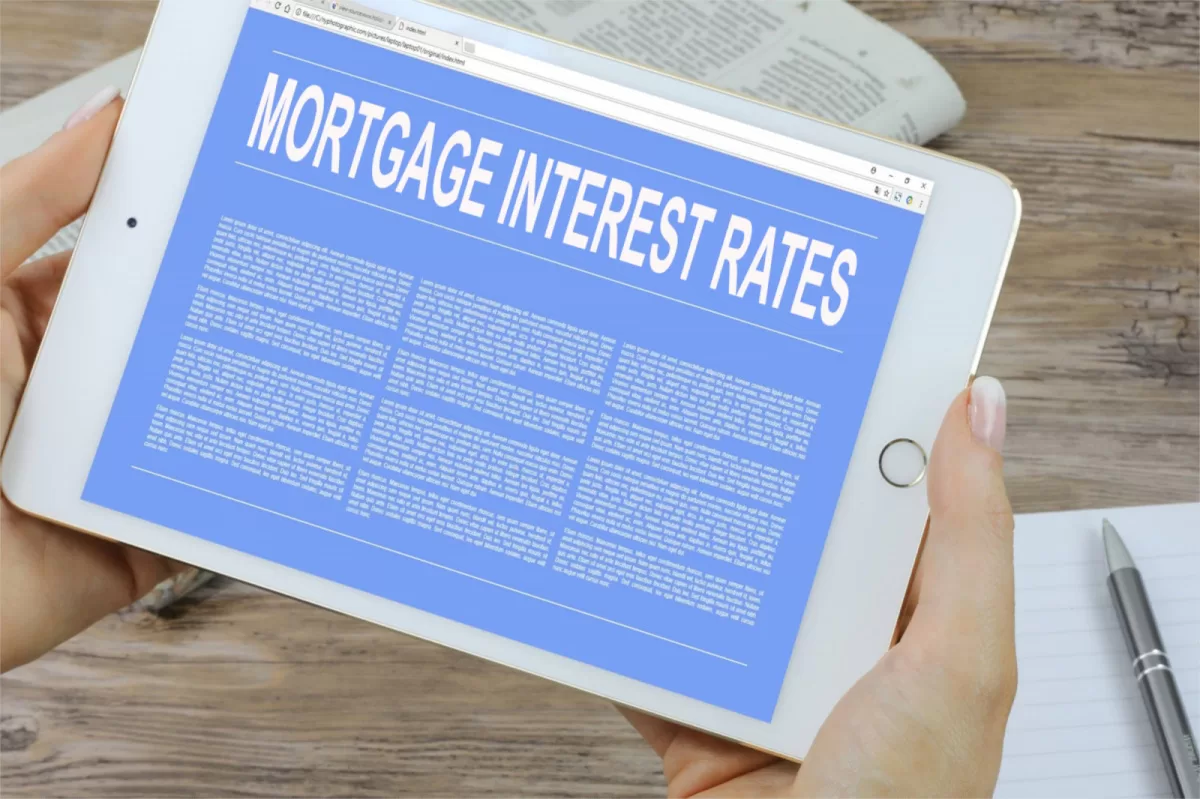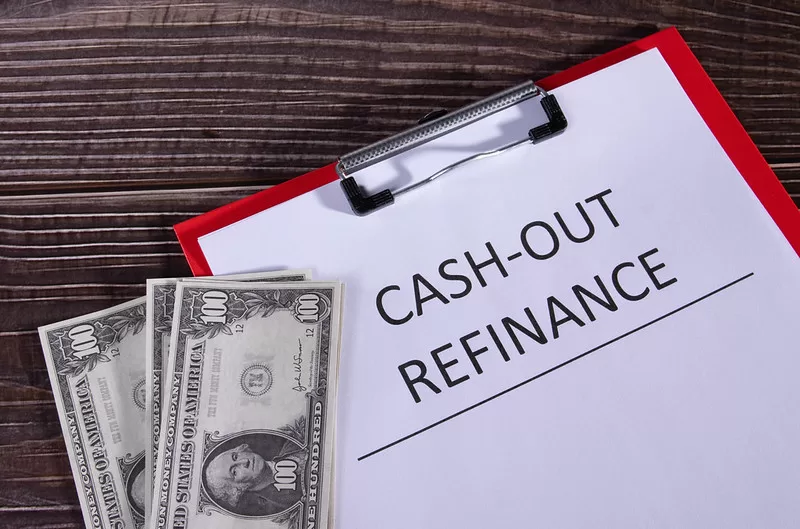Mortgages are an essential component of the American dream. Understanding the different types of mortgages available, as well as what factors influence mortgage rates, can be essential in helping to make this dream a reality.
The mortgage lenders in knoxville tn, and mortgage lenders in Chattanooga provide various options for those looking to purchase or refinance a home.

This article will provide an overview of mortgage definitions and types and explore the key determining factors that affect these rates.
A mortgage rate is the interest rate a lender charges a borrower for a loan used to purchase a property. The mortgage rate can be fixed or adjustable and vary based on several factors.
This article will explore the definition and types of mortgage rates and the determining factors that can affect them.
Types of Mortgage Rates
First, let’s define the two main mortgage broker chattanooga rate types: fixed and adjustable. A fixed mortgage rate is a rate that remains the same for the entire term of the loan, usually 15 or 30 years.
This rate offers stability and predictability, as the borrower knows exactly what their monthly payment will be for the duration of the loan.
An adjustable mortgage rate, on the other hand, can change over time. This type of rate is typically lower than a fixed rate, but the borrower takes on more risk as their monthly payments can increase.
Read Also:
9 Factors that can affect Mortgage Rates
Several factors can affect mortgage rates, including:
1. Economic Conditions
Mortgage rates are closely tied to the overall health of the economy. When the economy is strong, rates tend to be higher, as lenders are more willing to lend money. When the economy weakens, rates tend to be lower, as lenders are more cautious.
2. Inflation
Inflation can also affect mortgage rates. When inflation is high, rates tend to be higher, as lenders want to protect themselves from the erosion of the value of their money. When inflation is low, rates tend to be lower.
3. Federal Reserve Policy
The Federal Reserve can affect mortgage rates by changing its monetary policy. For example, mortgage rates tend to follow suit when the Fed raises interest rates. When the Fed lowers interest rates, mortgage rates also tend to drop.
4. Credit Score
A borrower’s credit score can also affect their mortgage rate. Borrowers with higher credit scores tend to qualify for lower rates, as they are considered less risky borrowers. Borrowers with lower credit scores may be required to pay higher rates.
5. Down Payment
The amount of money a borrower can put down on a property can also affect their mortgage rate. Borrowers who can make a larger down payment may qualify for a lower rate, as they are considered less risky borrowers.
6. Loan-To-Value Ratio
The loan-to-value ratio (LTV) is the loan amount compared to the property’s value. Borrowers with a higher LTV may be required to pay a higher rate, as they are considered more risky borrowers.
7. Property Type
The type of property being purchased can also affect the mortgage rate. For example, rates for a single-family home may be lower than for a multi-unit property, as the latter is considered a more risky investment.
8. Location
The location of the property can also affect the mortgage rate. Properties in areas with a high risk of natural disasters, such as flood zones, may be subject to higher rates.
9. How Do You Shop for Mortgage Rates?
To shop for mortgage rates, you can gather information about the types of mortgages available, such as fixed-rate or adjustable-rate mortgages. Then, you can compare rates from different lenders, such as banks, credit unions, and online mortgage companies. You can also use online tools, like rate comparison websites, to compare rates from multiple lenders at once.
Additionally, it’s important to consider other factors like fees and closing costs, the lender’s reputation and customer service. It’s also a good idea to improve your credit score, as a higher credit score can help you qualify for a lower interest rate.
And remember, it’s always a good idea to consult a mortgage professional who can guide you through the process and help you find the best rate for your specific situation.
Conclusion
In conclusion, a mortgage rate is the interest rate that a lender charges a borrower for a loan used to purchase a property. There are two main types of mortgage rates: fixed and adjustable.
Various factors can affect mortgage rates, including economic conditions, inflation, Federal Reserve policy, credit score, down payment, loan-to-value ratio, property type, and location. It’s important to consider all the factors when shopping for a mortgage and compare different lenders’ offers to find the best deal for you.









